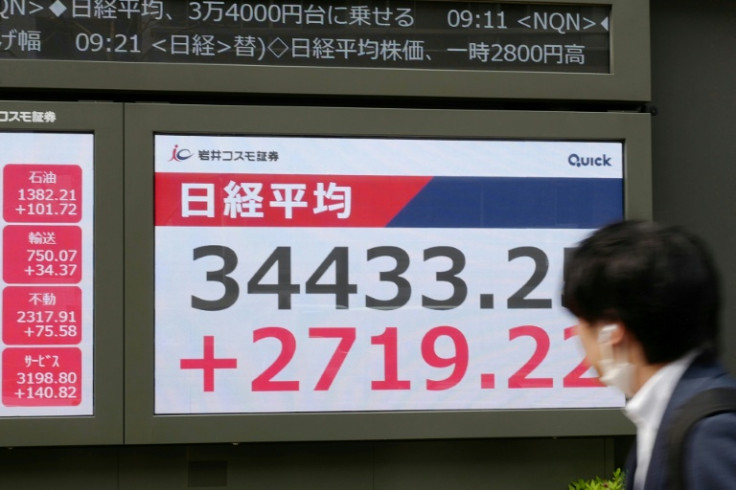Markets Slip As Tariff Confusion And Oil Oversupply Unsettle Investors

U.S. markets opened the week in a cautious mood as investors navigated the dual concerns of looming tariffs and rising oil supply. While equity futures dipped slightly, the reaction was measured. According to Reuters, many investors appear desensitized to President Trump's repeated tariff threats, especially with the administration's Aug. 1 deadline still shrouded in ambiguity. This perceived predictability may be softening the blow to risk sentiment.
However, bond markets are flashing warning signs. Yields on U.S. Treasuries continued to fall as investors sought safety amid policy uncertainty. Analysts at Invesco note that this drop is being driven not only by risk aversion but also by unwinding leveraged positions and technical momentum. Meanwhile, the U.S. dollar remains under pressure. As Reuters reports, the greenback is hovering near multi-year lows due to worries about widening deficits and slower global trade.
Despite these headwinds, some risk assets are showing resilience. A surge in interest for junk bonds was noted this week, with Reuters reporting tightened spreads and inflows into high-yield corporate debt. Investors appear confident that yields above 7% will offset short-term volatility. This optimism isn't limited to the U.S.—as the Financial Times notes, European junk bond markets are also drawing fresh capital as global funds seek out higher returns.
In the energy sector, prices are facing renewed downward pressure. The latest decision by OPEC+ to raise production by 548,000 barrels per day in August is pushing oil prices toward $65 a barrel. According to Goldman Sachs, the cartel may further increase output in September, as part of a longer-term strategy to squeeze U.S. shale. This aggressive ramp-up is weighing heavily on U.S. producers already grappling with rising costs and softening demand. As reported by Business Insider, the move is also resulting in lower gas prices for American drivers—a rare silver lining for consumers during the busy summer travel season.
Still, not everyone believes U.S. shale will be cornered. Analysts at Forbes argue that years of innovation have made American producers leaner and more adaptable, capable of surviving at lower price points than in past downturns. That leaves global markets in a complex position: absorbing political risk, oil supply shocks, and shifting investment flows—all at once.
© Copyright IBTimes 2025. All rights reserved.





















